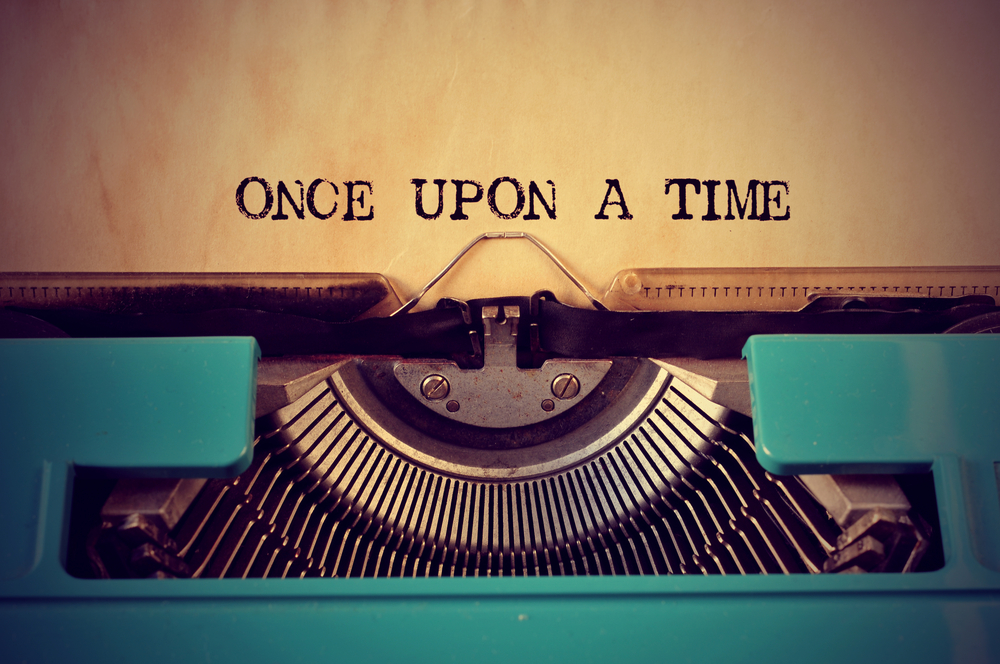
Fact or Fiction? The Health Benefits of Reading
Book it!
While technology has advanced, so have humankind’s reading methods. From cave drawings to the printing press to books on tape, we have transformed how we tell and consume stories.
In the last 5,000 years that people have been reading, we’ve not only been able to use this skill to educate, entertain and communicate, but we’ve also been able to experience a wide range of health benefits from it. Yes, reading isn’t just for English class or to lose yourself in another world.
Here are eight amazing health advantages to burying your nose in a book:
Stress reduction: People who love to read consistently mention that it helps them relax, and scientific studies have proven this to be true. A 2009 University of Sussex study concluded that reading any type of book may reduce the reader’s stress by up to 68 percent, even if it’s just for six minutes. It is believed that getting lost in a book distracts our minds from anxiety and, thus, calms our minds, reducing stress and tension.
Lowered heart rate: The same University of Sussex study revealed that reading lowers heart rate and blood pressure. As our mind relaxes from reading, the rest of our body follows.
Sitting down with a good book may enhance mood, boost happiness and increase empathy.
Increased intelligence: Teaching children to read well as early as possible increases their intelligence. The more a person reads, the better the vocabulary and language skills they acquire, according to several studies, including this one from 2011. Another study in 2014 found that children who have enhanced reading skills may have higher IQs than children who aren’t strong readers.
Longer lifespan: Reading could be the key to youth we’ve been searching for. A 2016 Yale University School of Public Health study found that people who read a book for 30 minutes a day tend to live up to two years longer than people who don’t. Adult participants in the study who read books more than 30 minutes a day had a 23 percent reduced chance of death within the following years compared with everyone else.
Improved sleep: We’ve all been guilty of nodding off while reading, but it doesn’t mean that we were bored or uninterested. Since reading does such an effective job at relaxing our minds and bodies, it isn’t surprising that reading a book before bedtime may put us to sleep faster and help us sleep better than if we were using a mobile device.

Enhanced mood: Sitting down with an appetizing book may enhance mood, boost happiness and increase empathy.
Improved social skills: The empathy and strong ties readers develop to characters when they read a book have been found to improve routine readers’ social skills and interpersonal relationships.
Slows cognitive decline: Studies have shown that reading slows cognitive decline by 32 percent for elderly people and also reduces chances of Alzheimer’s disease and dementia. Seniors who are regular readers have been discovered to be two and a half times less likely to develop Alzheimer’s.
Is One Genre “Better” for Us Than Others?
Studies have found reading fiction provides some health benefits that other genres may not. This is because when we read fiction, we use our minds imaginatively, creatively and empathetically in order to follow the story and relate to the characters. Not only does fiction strengthen those mental abilities, but it also has been known to reduce readers’ racial biases and increase their love of animals.

However, on the flip side, some experts say that reading a diverse array of genres is better for the mind, since the reader is more likely to discover new information and new vocabulary, giving a broader perspective on people, societies and systems.
Which Is Better: e-Books or Paper Books?
While e-books have their die-hard followers and their own list of benefits, they’re not exactly healthier for most people. Studies have found that e-books’ artificial light may negatively impact the readers’ sleep, much like mobile devices, and e-books may also put strain on the eyes. However, e-books are able to help people with poor eyesight read better, because they allow readers to increase the font size and make other customizations. But some studies have found that reading traditional paper books is also better for reading comprehension compared with e‑books.
And there are those who just love the sound a new book makes the first time it’s cracked open and crave that “new book” smell. Some have special books that were given as gifts, and others have books with dozens of dog-eared pages and underlined passages, which you just can’t get with an e‑book.
Regardless of how you do it, spending at least 30 minutes a day reading may not only provide mental benefits, but it just might extend your life and benefit your heart. All the more reason to find time to tune out the external world, curl up with a good book and get lost in the story — and encourage your children to do the same.






















